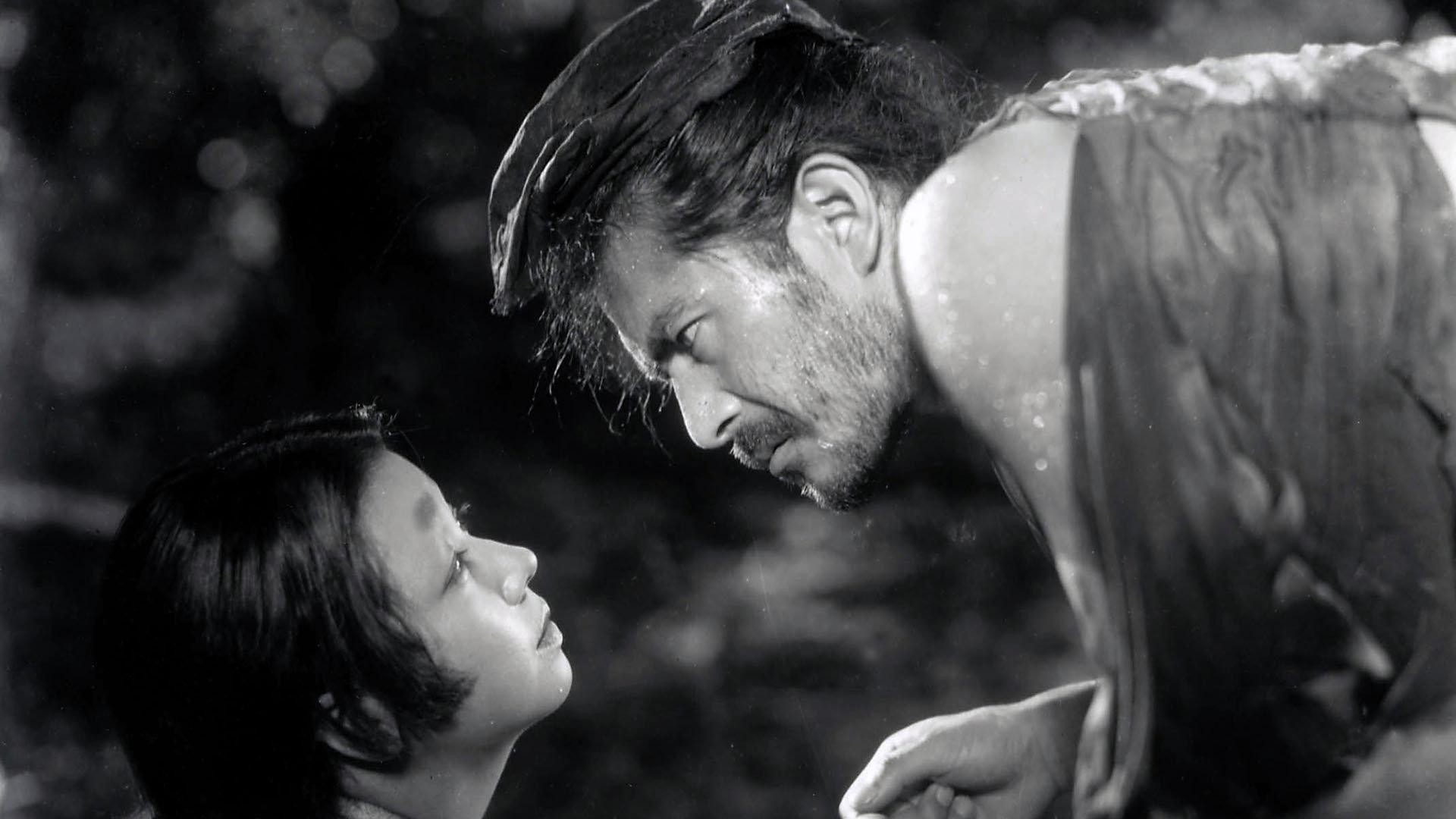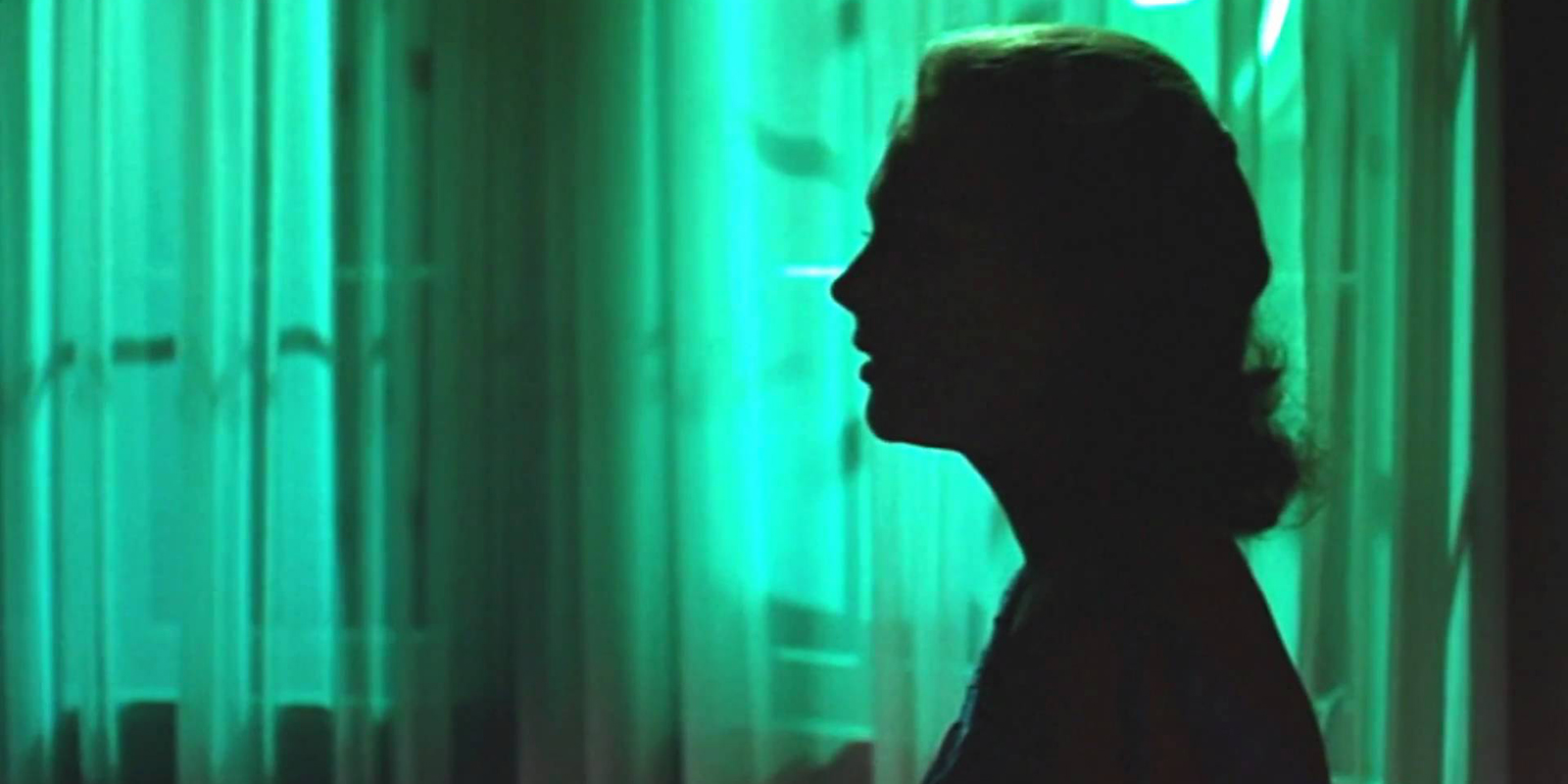GMU Classic Cinema Series: Wednesdays 4:30pm
Wednesday, March 23, 2016 4:30 PM to 6:00 PM EDT
Johnson Center, Cinema
GMU Classic Cinema Series
Come see classic films on the big screen. Wednesdays 4:30 in the Johnson Center Cinema.
All films are free and open to the public.
March 2 The Bicycle Thief (Vittorio De Sica, 1948)
This story is so direct it plays more like a parable than a drama. At the time it was released, it was seen as a Marxist fable (Zavattini was a member of the Italian communist party). Later, the leftist writer Joel Kanoff criticized the ending as "sublimely Chaplinesque but insufficiently socially critical." David Thomson found the story too contrived, and wrote, "the more one sees 'Bicycle Thief,' the duller the man becomes and the more poetic and accomplished De Sica's urban photography seems.
True, Ricci is a character entirely driven by class and economic need. There isn't a lot else to him, although he comes alive in the pizzeria scene. True, the movie doesn't make a point of contrasting his poverty with high-living millionaires (wealth is illustrated as the ability to buy a plate of spaghetti). But if the film is allowed to wait long enough--until the filmmakers are dead, until neorealism is less an inspiration than a memory--The Bicycle Thief escapes from its critics and becomes, once again, a story. It is happiest that way." -- Roger Ebert
 March 23 Rashomon (Akira Kurosawa, 1950)
March 23 Rashomon (Akira Kurosawa, 1950)
 March 30 Vertigo (Alfred Hitchcock, 1957)
March 30 Vertigo (Alfred Hitchcock, 1957)
"With less playfulness and much more overt libido than other Hitchcock classics, "Vertigo" was always anomalous. And it has flaws that actually work to its advantage. Much of Kim Novak's artificiality may have been unintended, but it suits the plot devilishly and works in stark contrast to Stewart's great, entranced performance as a man who finds himself falling in every sense. And the appeal of "Vertigo" in the 1950's was limited by the film's perverse, disturbing power. That only makes better sense of it today." -- Janet Maslin
 April 6 400 Blows (Francois Truffaut, 1959)
April 6 400 Blows (Francois Truffaut, 1959)
"Young François Truffaut was a bit of a delinquent himself, and the director remembered— The 400 Blows still resonates through Truffaut's isolation of essential details, which stand out with the focus of unblemished memory: that ancient, gouged, chalk-coated classroom that's seen a thousand wise-asses sent to its corner; the horror of impending discipline as a teacher's called into the hallway; the tactile, gasping chill from the milk that Antoine quaffs from a stolen bottle during a night on the street. It is the nature of the film for those who love it to recognize themselves in it, and so it never fully recedes into history." -- Nick Pinkerton
All screenings are free and open to the public. Sponsored by Film and Video Studies, Film and Media Studies, FAVS 225, the College of Visual and Performing Arts.
Information: Rebekah Mejorado 703-993-5158 | rmejorad@gmu.edu

